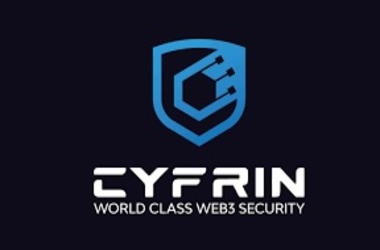 Goldman Sachs, Microsoft, Deloitte, and other firms are collaborating to introduce a new system based on blockchain technology. The Canton Network is designed to connect different institutional applications with improved privacy and controls compared to current technology.
Goldman Sachs, Microsoft, Deloitte, and other firms are collaborating to introduce a new system based on blockchain technology. The Canton Network is designed to connect different institutional applications with improved privacy and controls compared to current technology.
As per the statement released today, financial institutions can attain the necessary scale and performance through the system. The statement stated that it enables financial market systems that were previously isolated to interoperate with the necessary governance, privacy, permissions, and controls required for highly regulated industries, creating a “network of networks.”
It has been reported that the Canton Network has the ability to provide financial institutions with a secure and hassle-free environment, allowing for seamless synchronization of assets, data, and cash across various applications. Financial institutions can improve their efficiency and risk management by offering innovative products to their clients.
Testing of some of the capabilities of the Canton Network is set to commence in July. The network includes BNP Paribas, Broadridge, Cumberland, Digital Asset, Moody’s, Paxos, and SBI Digital Asset Holdings as participants. Various applications will be connected using the Daml smart contract language, which was developed by Digital Asset, within the network. The objective of the project is to provide institutional clients with decentralized infrastructure while maintaining confidentiality.
The statement stated that the Canton Network enables the combination of a digital bond and a digital payment from two different applications into a single atomic transaction, ensuring simultaneous exchange without any operational risk.
Similarly, a repo or leveraged loan application could be linked to a digital asset for use in a collateralized financial transaction. Digital Asset provides and owns the technology underlying the infrastructure, which includes the Canton protocol and Daml smart contracts. However, the participating network partners own the network, not the firm.








